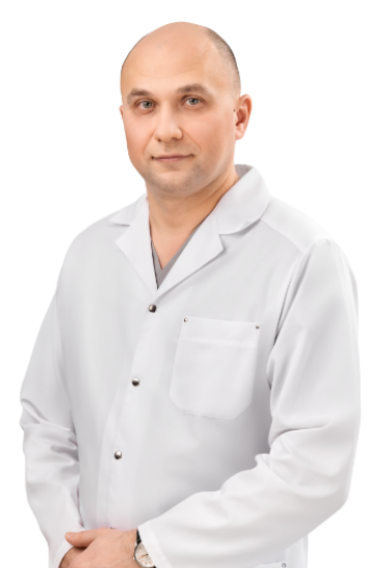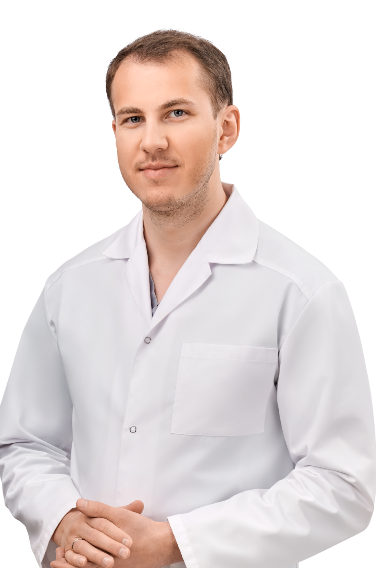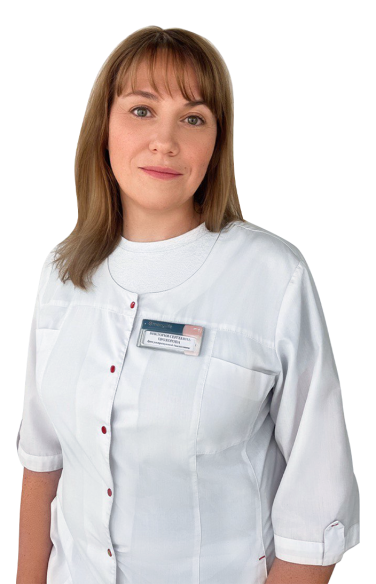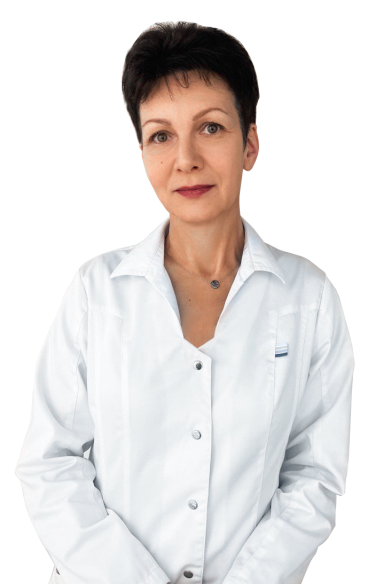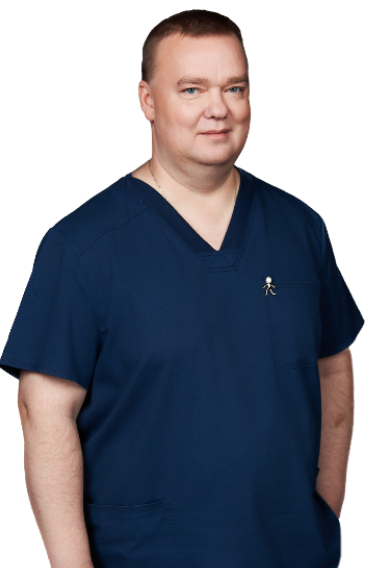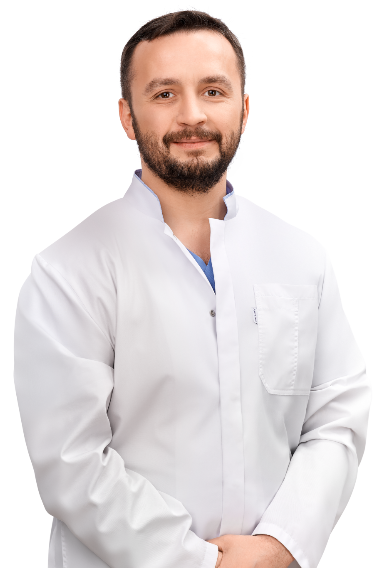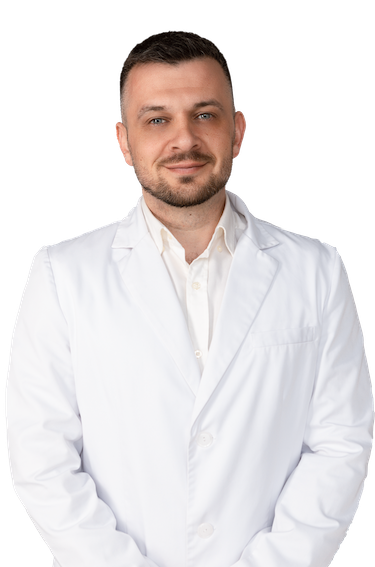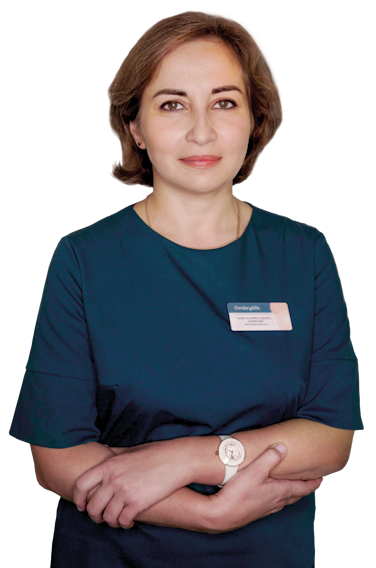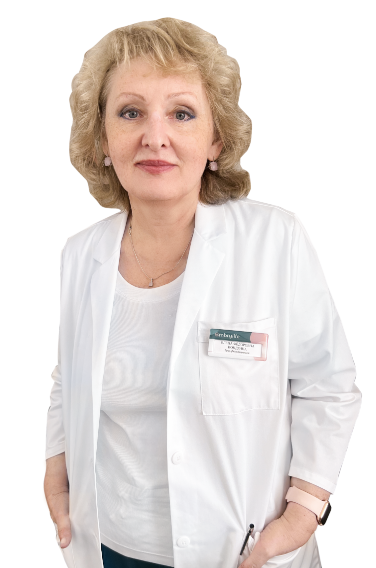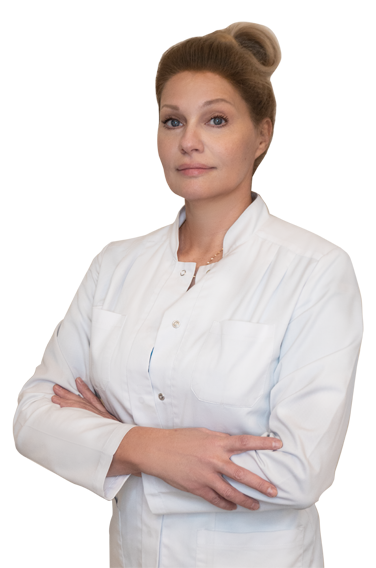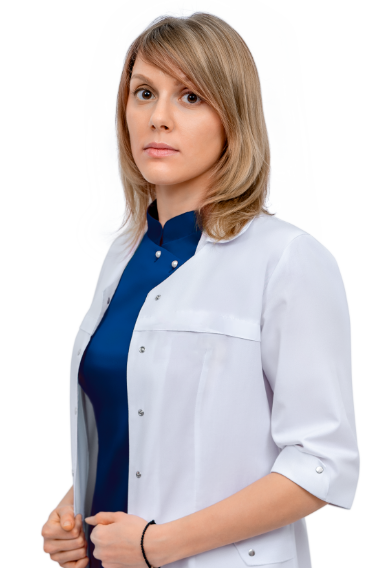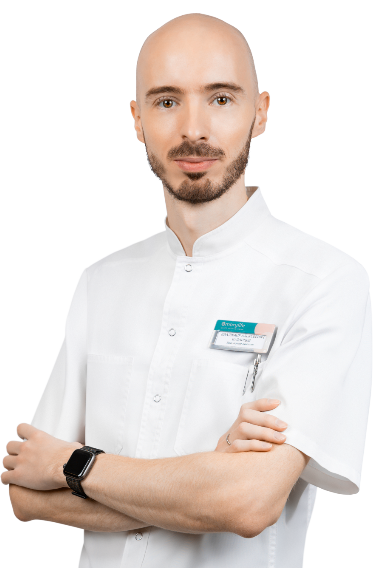Чем занимается эмбриолог в Embrylife
подготовкой половых клеток к оплодотворению;
выбирает качественные гаметы для ИКСИ;
получает ооциты во время пункции фолликулов;
проводит непосредственно оплодотворение одним из выбранных методов (стандартное ЭКО, ИКСИ);
работает со сложным мужским фактором — выделяет сперматозоиды из биопата яичка (TESA, TESE) и использует их для оплодотворения ооцитов;
оценивает развитие эмбрионов;
обеспечивает оптимальные условия для культивирования;
отбирает эмбрионы для переноса в полость матки и для криоконсервации;
проводит вспомогательный хетчинг;
делает биопсию эмбриона для проведения предимплантационной генетической диагностики — ПГД — (анализ проводится с целью выделения генетических болезней);
проводит подготовку спермы и её криоконсервацию для длительного хранения;
замораживает эмбрионы, которые в дальнейшем используются в крио протоколах;
размораживает половые клетки и эмбрионы.
Протокол культивирования эмбрионов
В процессе своей работы при каждом ЭКО эмбриолог заводит «Протокол культивирования эмбрионов». В него заносятся данные пациентов с момента получения ооцитов и спермы до момента переноса или криоконсервации эмбрионов: оценка полуенных ооцитов в день пункции, данные спермограммы, метод оплодотворения, оценка оплодотворения и этапы развития каждого эмбриона до 6-го дня. Такие протоколы помогают и репродуктологам и эмбриологам, чтобы в случае неудачной попытки правильно подготовить пациентка к следующей и внести необходимые изменения в протокол. Мы по вашему запросу готовы предоставить данный протокол.
Записаться к врачу
Наши врачи
В отличие от других клиник, где зачастую работают один‐два ключевых врача, а остальные специалисты находятся в их тени, в нашей клинике профессионал каждый специалист.
Репутация эмбрионов
Существует такое понятие как «репутация эмбриона». Репутация эмбриона складывается из множества факторов, полученных в процессе наблюдения за их «поведением» с 1 по 6 день жизни. Учитывается все: какой эмбрион развивался лучше, какой быстрее дробился, как вел себя на каждом этапе — все это в итоге влияет на судьбу эмбриона. Поэтому иногда из двух эмбрионов с разными характеристиками, например, 5АА и 5АB, эмбриолог выбирает для пересадки второй эмбрион, с «неидеальными», казалось бы, показателями.
Существуют и дополнительные способы прогноза имплантации эмбриона (time-lapse, ПГС, анализ метаболитов и др.), которые дополняют морфологические критерии и обеспечивают в совокупности выбор лучшего эмбриона.
При естественном оплодотворении эмбрион оказывается в матке только спустя 5 дней, поэтому, следуя природным стандартам, специалисты проводят подсадку на 5-е сутки. ЭКО — процесс, к которому нужно подходить индивидуально, учитывая все нюансы, способные повлиять на его результат. Успех ЭКО во многом зависит от того, насколько специалистам удалось создать среду, схожую с естественными условиями, для развития и поддержать ее в течение 5–6 дней.
Искусственное оплодотворение требует скрупулезности, перфекционизма и строгости в соблюдении всех стандартов работы. Поэтому лучшими эмбриологами становятся те, кто понимает степень своей ответственности.Также надо отметить, что качество эмбриона не имеет прямой связи с шансами и исходами беременности. На наступление и развитие беременности влияет очень много факторов. И каждый случай индивидуален.
У вас остались вопросы?
Наша клиника готова ответить на все интересующие вас темы, и поддержать в трудные минуты. Просто оставьте заявку, и мы свяжемся с вами для обсуждения всех деталей.

